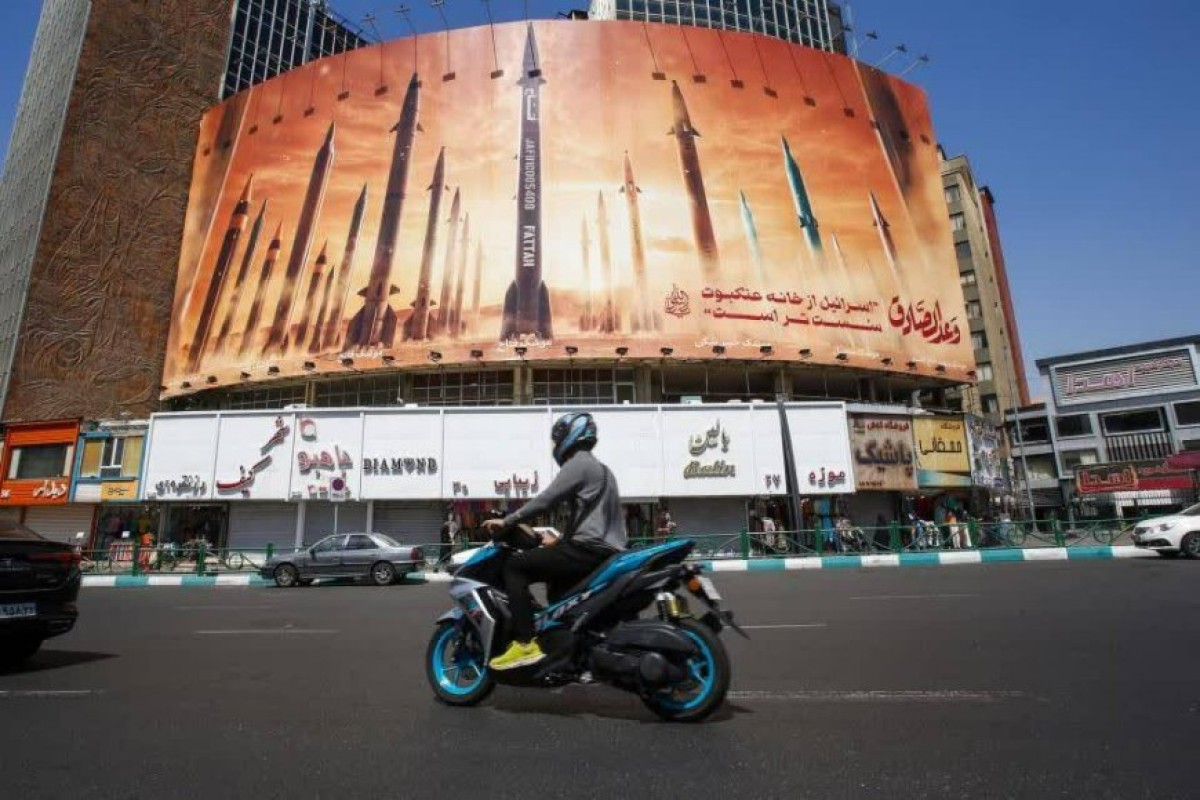 1524
1524
The New Great Game: Iran's Strategic Choices in Shifting Global Dynamics
The New Great Game: Iran's Strategic Choices in Shifting Global Dynamics
By: A. Yeganeh
Historically, scholars suggest that the Middle East region is like a powder keg with the potential for catastrophic explosions at any moment. It is the pragmatic approach of regional powers that has thus far averted cataclysmic conflicts whose ramifications would extend far beyond the region, reminiscent of the first and second world wars. The specter of conflict not only imperiled the region but also cast an ominous shadow over the entire globe, exacting an immense economic and psychological toll on all nations worldwide.
In a recent intricate military maneuver, Iran orchestrated a series of precision missile and drone strikes on the occupied Palestinian territories, prompting a swift but limited counteroffensive from the Israeli regime. A delicate balance of power emerged as both sides recalibrated their strategies in response to Iran's demonstrated capability to deliver swift and forceful reprisals against any encroachment on its interests, particularly when it comes to inflicting casualties on Iranian forces.
Amidst this backdrop, the Iranian Foreign Minister's high-profile visit to the United Nations Headquarters in New York reverberated across diplomatic circles, sparking renewed speculations about potential negotiations between Iran and Western powers. The resurfacing whispers of discussions surrounding the Joint Comprehensive Plan of Action (JCPOA) underscore a pivotal juncture in international relations, fraught with multifaceted implications that warrant closer scrutiny.
With the impending US elections looming large on the global stage, the stakes are higher than ever as the world awaits the outcome of this pivotal political event. Against the backdrop of escalating international tensions and burgeoning conflicts in both the Eastern and Western hemispheres, the Democratic and Republican contenders have articulated divergent strategies aimed at navigating the complex web of global challenges. The Biden administration, cognizant of the diplomatic setbacks endured over the past four years, seeks to leverage a potential diplomatic breakthrough with Iran, epitomized by a swift restoration of the JCPOA, as a strategic triumph to bolster its electoral prospects.
Iran's resolute stance in defending its national security, which manifested itself in Operation “True Promise,” which saw the ballistic attacks against the Israeli military targets, has not gone unnoticed, prompting a reevaluation among Western nations of the country's formidable capabilities and the imperative of engaging constructively with Tehran to avert potential confrontations. Drawing lessons from the former President Rouhani administration's engagement with the JCPOA, it is evident that Iran's adherence to the agreement holds the key to de-escalating tensions in the volatile Middle East, thereby affording stability to Western allies in the region.
The escalating competition between the East and West over Iran's strategic alignment underscores a paradigm shift in global power dynamics, with Iran emerging as a coveted prize for both camps. Recent months have witnessed a flurry of overtures from Eastern and Western powers vying for Iran's favor, offering concessions and incentives to Tehran in a bid to secure strategic advantages. Against the backdrop of intensifying geopolitical rivalries between China, Russia, Europe, and the United States, Iran finds itself at the crossroads of a geopolitical chessboard, necessitating a recalibration of its diplomatic strategy to navigate the shifting tides of international politics.
In conclusion, as the world hurtles towards the denouement of the US election cycle in November, pivotal days lie ahead as nations on the Eastern and Western fronts vie for influence, leveraging promises of support and collaboration from global powerhouses. The recent visit of Iran's foreign minister to New York assumes heightened significance in this tumultuous geopolitical landscape, underscoring the imperative for Iran to chart a new course in its diplomatic engagements, mindful of the evolving international dynamics that have reshaped the global order. The strategic imperatives facing Iran today bear little resemblance to the challenges of yesteryear, mandating a fresh approach that aligns with the exigencies of the present geopolitical milieu.
 1524
1524
Comment
Post a comment for this article